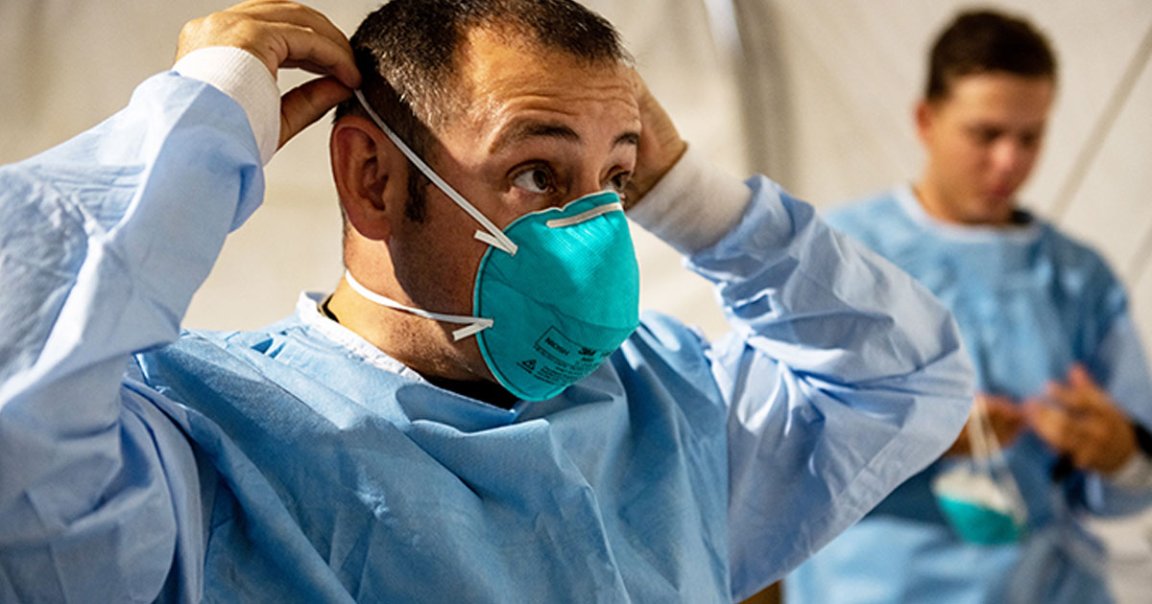
A smattering of new research offers good news during the ongoing pandemic: It seems that COVID-19 survivors do build up a decent immunity to the disease after all.
In the last month, five different studies at varying stages of completion — most await formal review, but one has been accepted by the prestigious journal Cell — have all found that even mild cases of COVID-19 can prompt the immune system to build up resistance to future infections, The New York Times reports. While every preliminary study should be taken with a grain of salt, it’s an encouraging development after months of not being sure whether antibodies would actually be able to fight off the coronavirus.
“Things are really working as they’re supposed to,” University of Arizona immunologist Deepta Bhattacharya, who worked on one of the preprint studies, told the NYT.
One of the major challenges in fighting the pandemic has been the uncertainty surrounding what it means to have coronavirus antibodies. Back in June, research showed that those antibodies might fade away after just a few months, suggesting that survivors were vulnerable to reinfection.
But the new finding, in contrast, is good news for survivors. One expert even told the Times that it was a good sign for the long-term efficacy of an eventual COVID vaccine.
“This is exactly what you would hope for,” University of Washington immunologist Marion Pepper, who worked on a different study currently undergoing review by the journal Nature, told the NYT. “All the pieces are there to have a totally protective immune response.”
Time will tell if these preliminary studies hold up to academic scrutiny. Even Pepper warned the NYT against putting too much stock into the findings for now.
But if they end up being correct, it would suggest that coronavirus survivors may be better equipped against the disease than we thought.